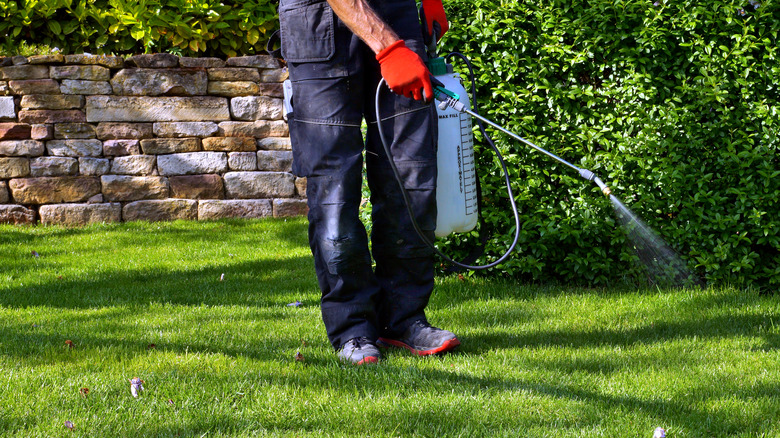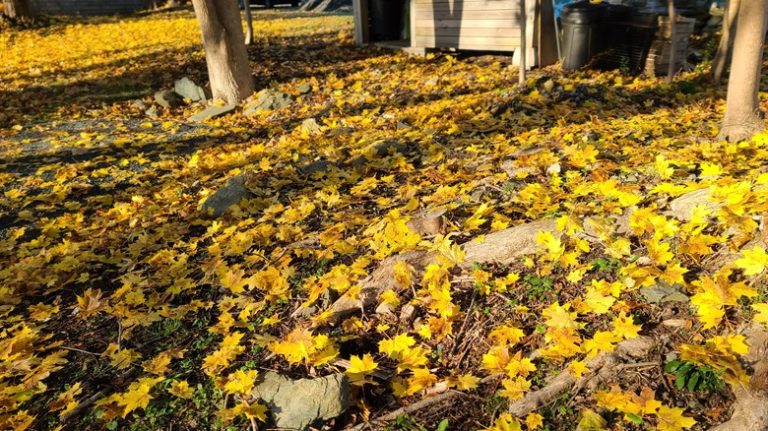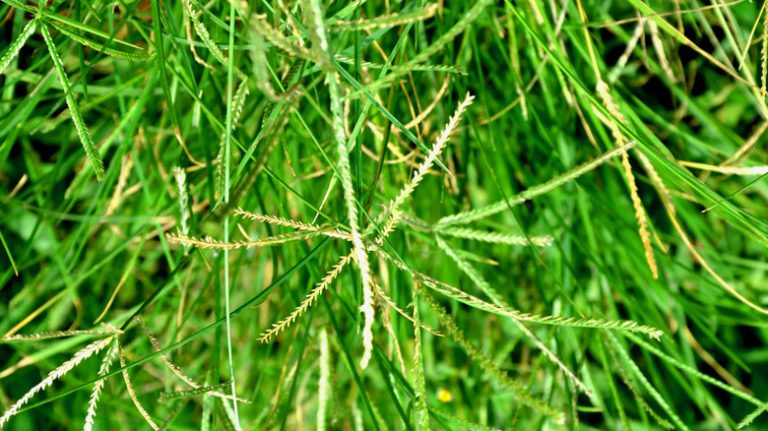Dealing with armyworms can be challenging, especially when they invade your lawn and leave it in shambles. These pests have a voracious appetite and can quickly transform your lush and green yard into dry, brown grass. However, detecting their presence early is crucial in preventing their destructive march.
It’s crucial to act quickly when dealing with armyworms because they reproduce rapidly. Armyworm moths can lay anywhere from dozens to hundreds of eggs, leading to a surge in population during summer. These eggs hatch quickly, and the resulting caterpillars are hungry little creatures. It’s essential to address this issue promptly to control their rapid multiplication and prevent significant damage to your lawn. It’s also important to take preventive measures to reduce the likelihood of recurring outbreaks. Regular lawn care practices and implementing natural deterrents or targeted treatments can significantly reduce the chances of another armyworm infestation. By taking a proactive approach, you can protect your lawn’s health and establish a preventive barrier against potential devastation.
Uncovering armyworm infestations
Brown spots on your lawn? You need to do this army worm test before it’s too late. #foryoupage #fyp #armyworms #lawncare #infestation #worms #grubs
♬ original sound – Martin Mooradian
Start by closely examining your lawn early in the morning or late in the afternoon when armyworm activity is highest. Look for signs such as brown and parched grass patches and even areas with adequate watering. These patches can quickly expand, indicating armyworms feasting on your turf. Keep an eye out for the armyworms themselves, as well. These caterpillars measure about 1 or 2 inches in length with striped backs and sides. Also, look for irregular notches or nibble marks on grass blades, which indicate armyworm feeding. One effective technique is to create a mixture of mild dish soap and water and pour it onto a small area of grass where you suspect armyworm presence. The water forces any hidden armyworms to emerge.
Once confirmed, it’s time to take action. For immediate and targeted control, chemical treatments can be effective, though care is needed to protect non-target insects and pollinators. Choose insecticides formulated specifically for armyworms and follow application instructions closely. Alternatively, applying beneficial nematodes, microscopic worms that eliminate armyworm larvae in the soil, is an effective approach.
Armyworm infestations

Maintaining your lawn plays a crucial role in armyworm prevention. Regular mowing, proper irrigation, and appropriate fertilization contribute to a hardy lawn that resists armyworm attacks and quickly recovers from damage. Additionally, drop any visible armyworms you can hand-pick into a pail of soapy water to kill them.
To keep your lawn healthy, it’s best to stay ahead of any issues. During peak armyworm infestation seasons, it’s important to check your grass blades regularly for any unusual notches or discoloration. You should also inspect your lawn, even during periods of low activity. This way, you can catch any signs of these pests early and respond quickly to keep your lawn in great shape. Implementing preventative measures, such as spraying a solution of neem oil, dish soap, and water on the grass once or twice a week, can effectively keep armyworms at bay and maintain the health of your lawn over the long term.



